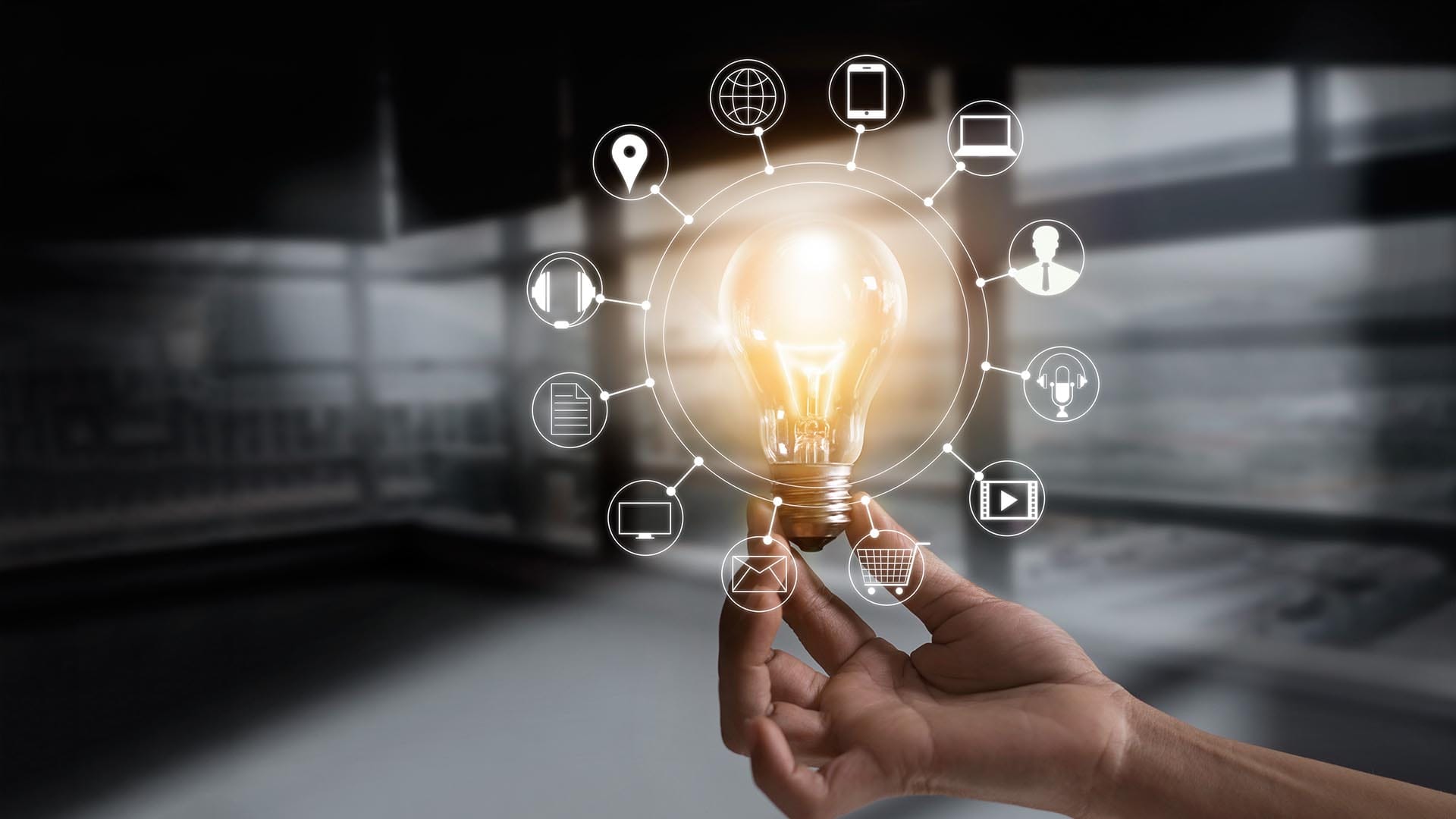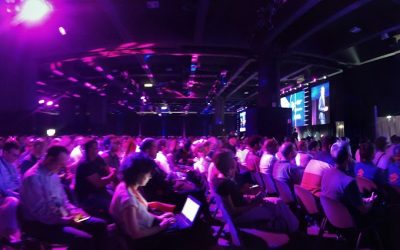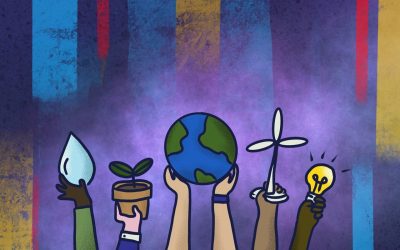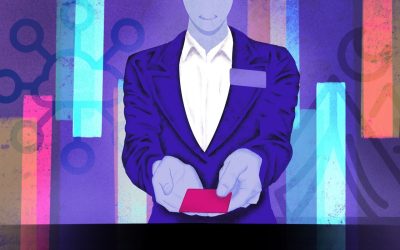The technological transformation we are witnessing isn’t just making business processes smarter, it’s also making payments quicker and more efficient, thanks to ePayments.
Purchases have become increasingly simpler, in the age of Digital Transformation.
THE FIGURES OF DIGITAL PAYMENTS
The data gathered by the “Mobile Payment & Commerce” Observatory for 2016 tell us that the New Digital Payment (like eCommerce, ePayment, Mobile Payment & Commerce and Mobile POS and Contactless Payment) make up 51% of the national market: 30 billion euros.
Notable are also the figures related to products and services bought from PC, paid by credit card or Mobile Wallet. The data confirms a growing trend in online purchases, bringing this market segment up to 18,7 billion euros in worth.

The use of smart payments is spreading to all those sectors that want to redefine their Customer Experience.
Furthermore, recent surveys have shown an increase in customer satisfaction when they’re using mobile wallets (1 out of 2 has had a positive experience with the system).
The energy sector, which has always considered the customer as a subscriber, is reviewing the offer as well.
Indeed, many utilities started to orient their value proposition, which, until now, was based on the sales of commodities – electricity, gas, water etc. – towards something strictly linked to the offered services.
This process has shifted the focus to the optimization of the customer experience, a key factor for new smart payment methods.
E-PAYMENTS AND UTILITIES
Many Italian utilities have realized the potential of this slice of market: the use of e-payment tools and the access to granular data on energy consumption can represent the driver for a growth in the understanding of energetic behaviors, which entails the rise of an eco-sustainable collective conscience.
The value of ePayment in the energetic field enables pay-per-use business models, which can bring to a more flexible energy consumption approach, enabling a careful and sensible use of energy, from the part of both the producers and consumers, as well as an incentivization for durable and long-lasting technologies.
Specifically, consumers would benefit from the flexibility, convenience and accessibility granted by energetic management; while energy producers would offer products, platforms and services sold on a consumption basis which, linked to IoT technologies, would allow further data access, lower unit costs and a better relationship with the customer.
Thanks to smart meters – one of the many uses of IoTs in the energy sector – gathering data has become a meaningful practice which has lowered energy consumption levels and has allowed its users to keep an eye out for the necessities of different geographical areas with different population sizes.
However, the use of the Internet of Things is not limited to this task only.

While this brief ePayment and IoT overview might not be all-inclusive, our next article will talk in-depth about this new method of payment, which, in addition, is shifting the focus towards a new economy concept, that of machine-to-machine economy, an interesting topic which will present by a case study.



